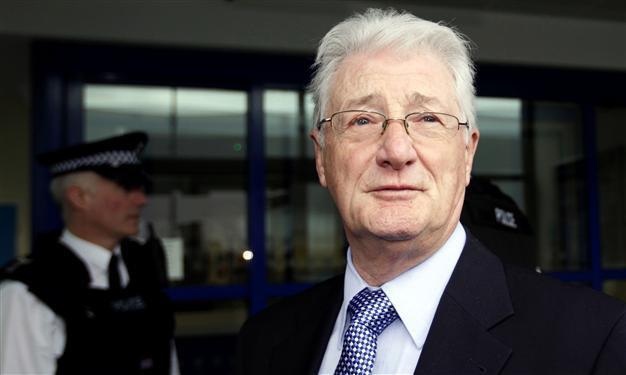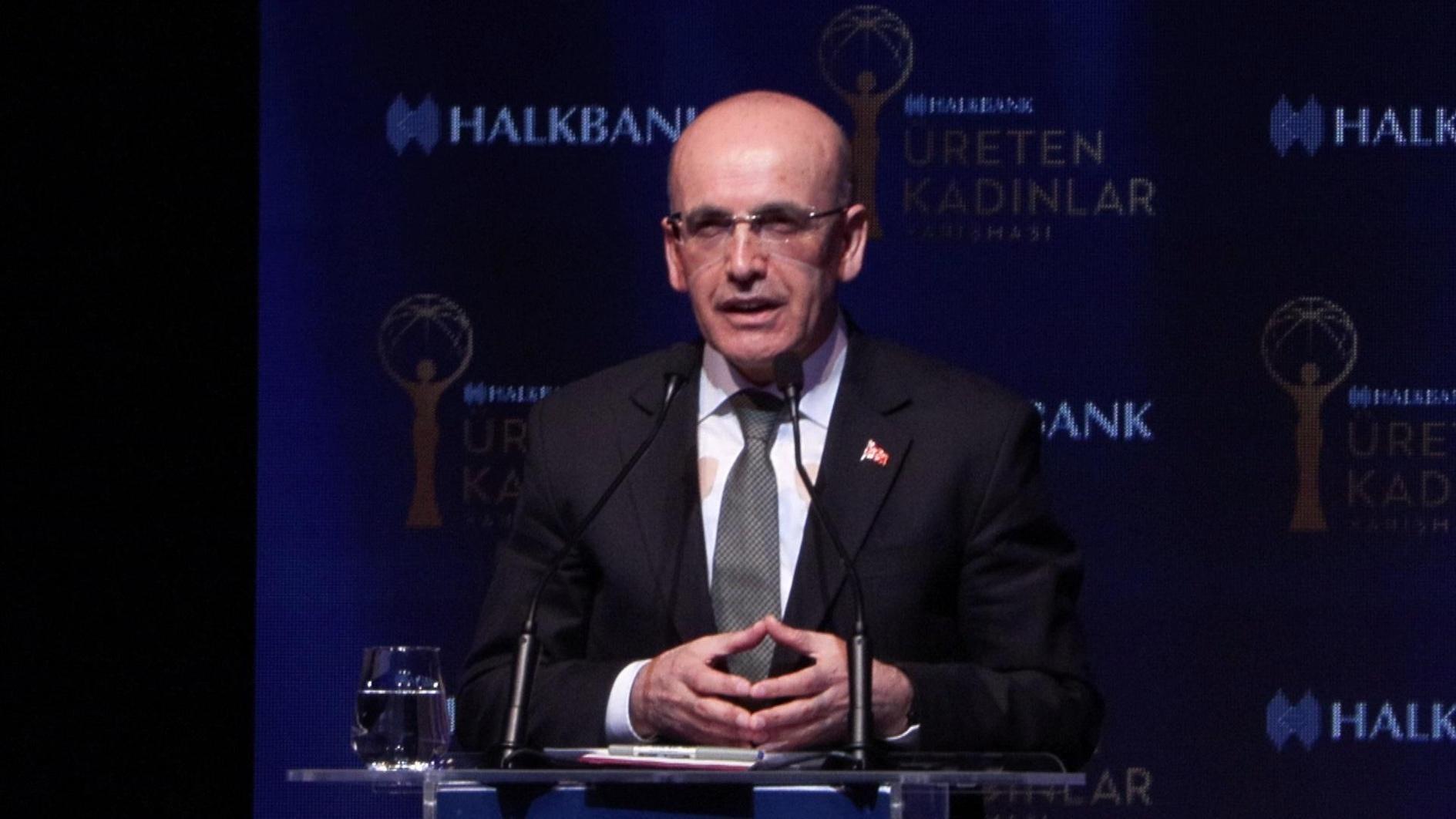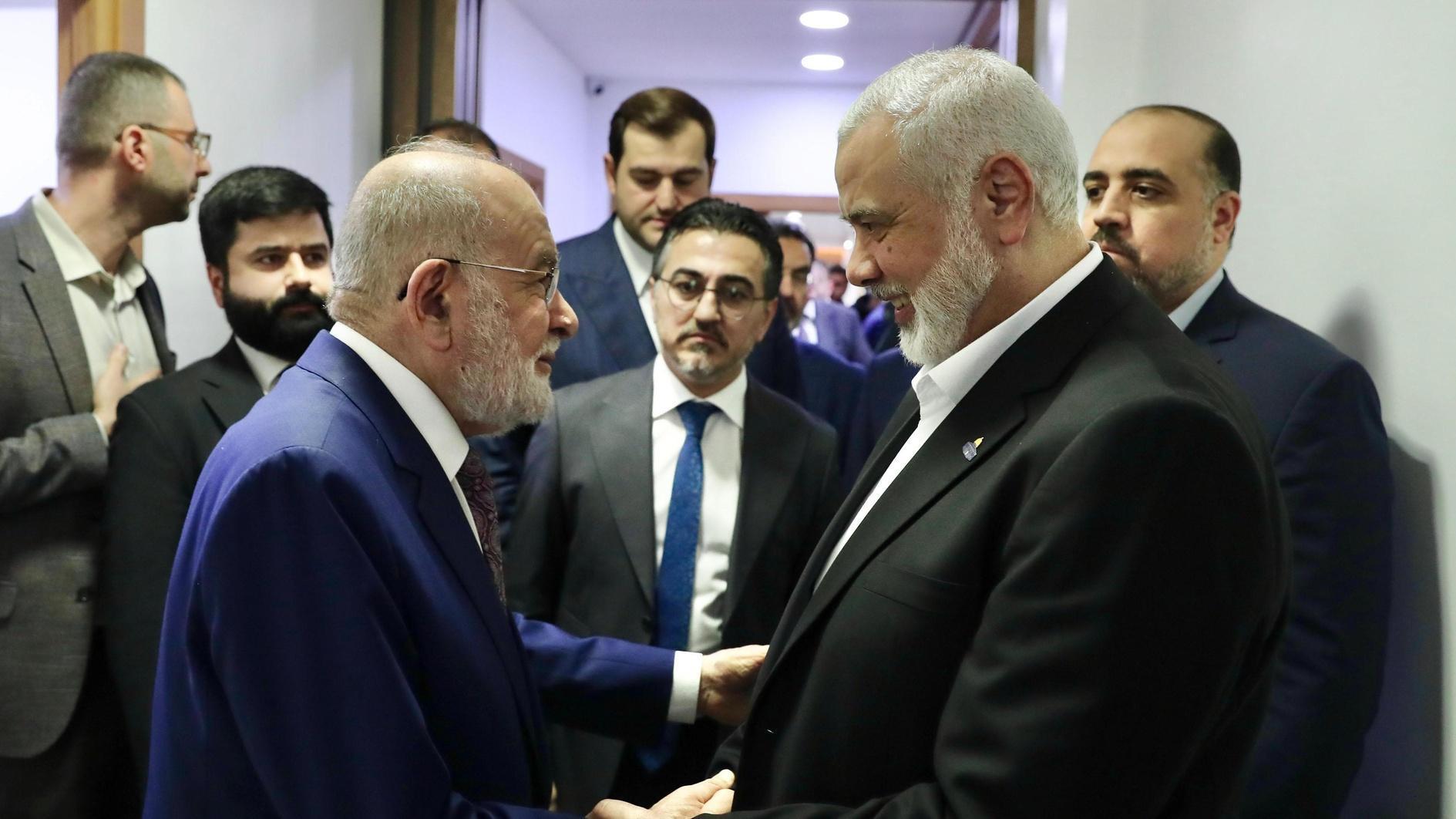British man to strike US plea deal in Iran missiles case
LONDON - Agence France-Presse

A picture dated February 24, 2012 shows retired British businessman Christopher Tappin presents himself at Heathrow police station in London to be extradited to the US to face a charge of conspiring to sell missile parts to Iran. AFP photo
The wife of a British businessman who is set to strike a plea deal with US prosecutors over charges he sold missile components to Iran said Friday it was the beginning of his "swift and safe return" home.Christopher Tappin, 65, has always denied that he tried to sell batteries for surface-to-air missiles, saying he believed they were for vehicles.
Tappin, who was extradited to the United States in February after a two-year legal battle, is expected to reach a deal with US authorities on Thursday, days before he was due to go on trial.
His wife Elaine, who suffers from the chronic lung condition Churg-Strauss syndrome, said that while a plea deal was "upsetting", it signalled the beginning of attempts to bring her husband back to Britain.
"From the moment Chris was put on a plane all we ever wanted was his swift and safe return," she said.
"However upsetting, this is the beginning of that process.
"It would be inappropriate to comment further whilst the court has yet to establish Chris' fate." A family spokeswoman said Tappin, who is on bail, is due to appear in court in El Paso, Texas, on Thursday to hear prosecutors outline the terms of his plea bargain.
If the terms are agreed by the judge, it is likely to be several weeks before a sentence is passed.
Tappin, from Orpington in southeast London, would have faced a jail sentence of up to 35 years if convicted, but it is likely to be substantially reduced under the terms of any plea deal.
In April, Tappin told the BBC: "I'm not a terrorist.
"I've never had any connections with terrorism and I'm just appalled that things could come to this sort of stage -- especially in my life now, when I'm 65, been retired for four years and enjoying retirement." The case stemmed from an investigation in which US agents asked technology providers about buyers who might have raised concerns. The customers were then approached by undercover companies set up by US government agencies.
















